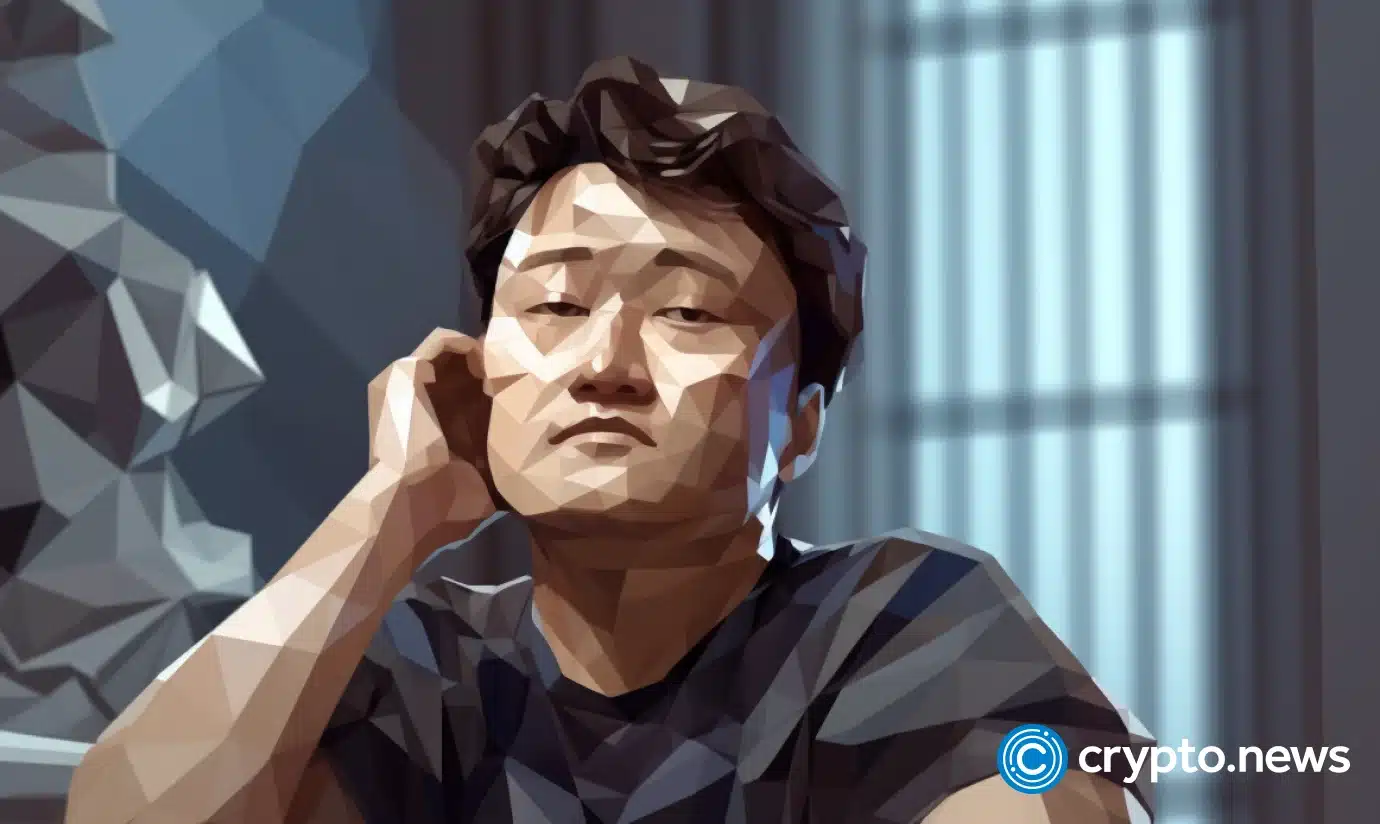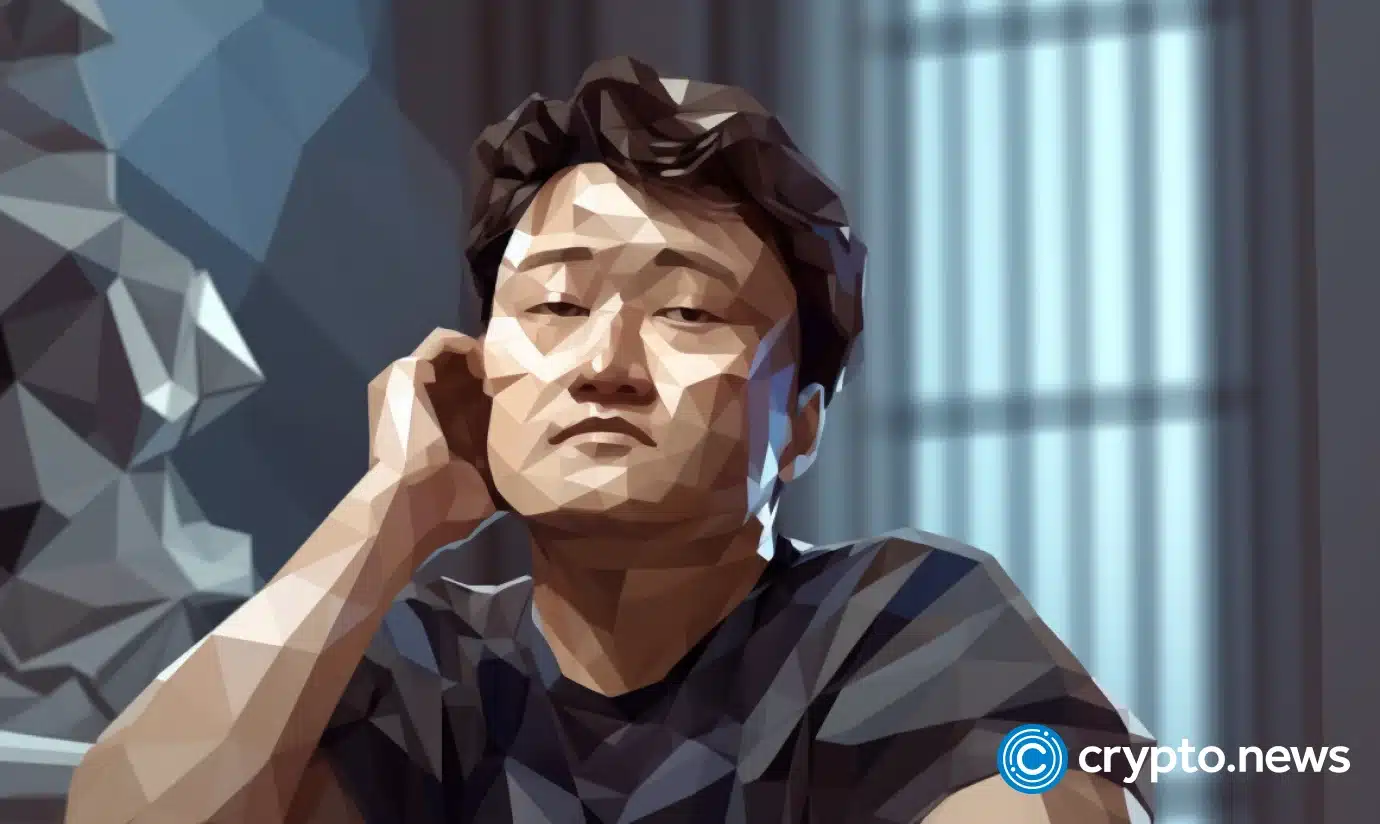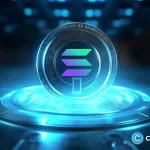
The Montenegro Court of Appeals has ruled against fugitive Do Kwon’s extradition to the United States to face fraud charges.
The court cited “significant violations of the provisions of criminal procedure,” leading to a reversal of the lower court’s previous extradition ruling. Do Kwon’s lawyer, Goran Rodic, expressed satisfaction with the ruling, emphasizing its judicial confirmation of the earlier decisions being illegal.
Despite the clarity of legal provisions and credible evidence, the case is now slated for a second retrial in the lower courts, marking the fourth time a decision will be rendered. The legal intricacies surrounding Kwon’s extradition continue to unfold, keeping the outcome uncertain.
South Korean prosecutors have also charged Kwon with involvement in Terraform Labs, which controlled the Terra blockchain ecosystem. The extradition tug-of-war raises questions about the international legal implications and the potential impact on Kwon’s legal standing in the U.S. and South Korea.
Further complicating Kwon’s case, earlier in February, a former team leader of Terra reportedly testified against him, revealing legal challenges faced by the project. The testimony highlighted discussions with Kwon about regulatory obstacles, shedding light on Terra’s operational framework and ambitious payment system, ChaiPay.
Discrepancies in the witness’s claims, contested by Shin Hyun-seung’s defense team, add another layer of complexity to the legal proceedings.
Amid legal turmoil and Terraform Labs’ collapse, Do Kwon’s Serbian venture, Codokoj22, remains operational. Established during Kwon’s evasion of an Interpol red notice, the Serbian enterprise’s legal status remains intact despite Kwon and Han Chang Joon’s arrest and conviction for using false travel documents.
In parallel, Terraform Labs faces a legal dispute with the U.S. Securities and Exchange Commission (SEC) over allegations of a $166 million slush fund. The SEC contends that Terraform Labs’ payment to lawyers included funds transferred to a slush fund, raising concerns about potential evasion of enforcement action judgments. The ongoing legal battle adds another layer of uncertainty to Terraform Labs’ future.
Do Kwon and Terra Classic
After the fall of TerraUSD (UST), the Terra ecosystem’s native currency, in May 2022, the Terra Luna Classic (LUNC) token bears a burden that stems from an inglorious past when TerraUSD, an algorithmic stablecoin, failed to maintain parity with the U.S. dollar. The fallout of this event shook the entire crypto sphere, causing a massive depreciation of LUNA’s price.
However, the Terra Classic community has actively engaged in rebuilding efforts, adopting various initiatives to restore investor confidence and reshape the ecosystem’s trajectory. A key strategy involves implementing token-burning mechanisms to effectively reduce the overall supply of LUNC and potentially create scarcity.
Discussions around potential rebranding efforts are underway, indicating a commitment to distancing the project from the TerraUSD crash and forging a new identity.
The community proactively seeks integration with new projects and decentralized applications (dApps), aiming to expand LUNC’s utility beyond speculation and offer real-world use cases. This positions LUNC to potentially thrive in a competitive landscape by fostering increased adoption within the web3 ecosystem.
However, LUNC’s journey ahead is not without obstacles. The result of the TerraUSD crash has become a subject of regulation for financial regulators, which threatens LUNC’s credibility.
However, the price of LUNC has significantly increased following Do Kwon’s victory. At the time of writing, LUNC is trading at $0.000251, representing an increase of 38% over the past 24 hours and 91% over the past seven days.
In addition, TerraClassicUSD (USTC), which is tethered to the U.S. dollar by Terra Luna, has had a price growth of 22.99% in the past 7 days, according to data from CoinGecko.













